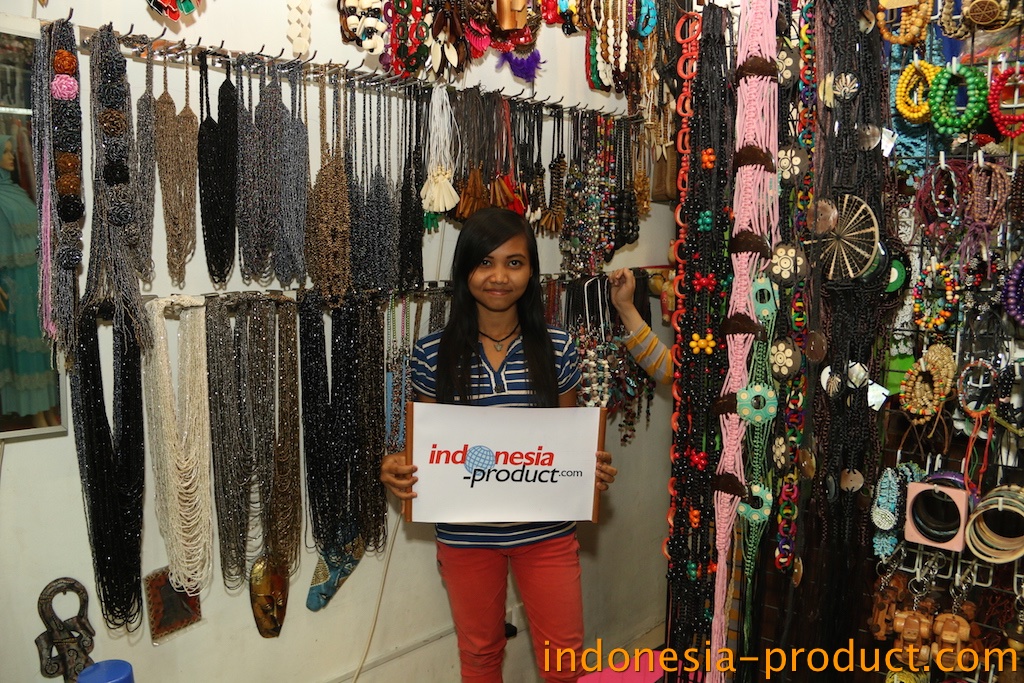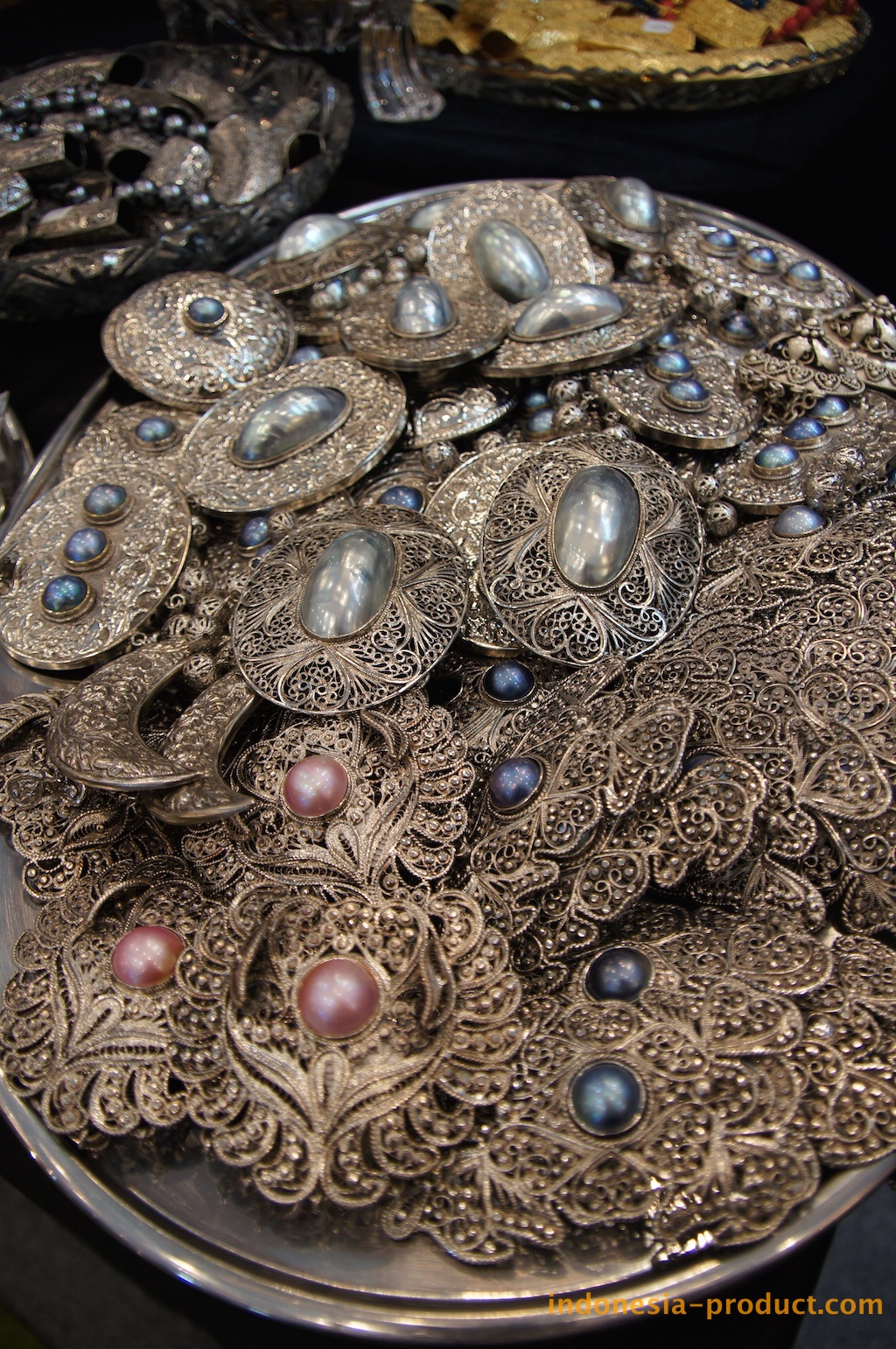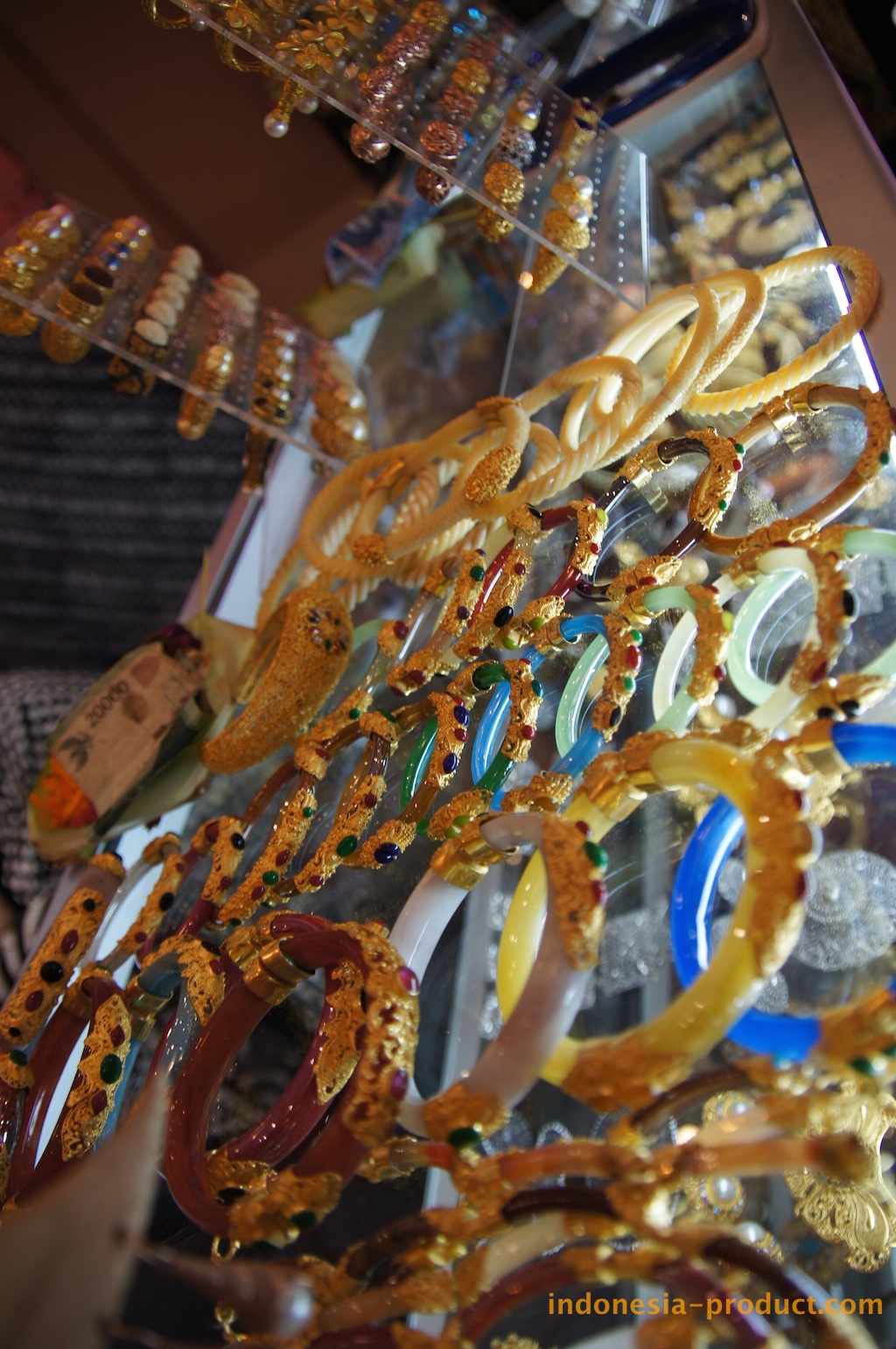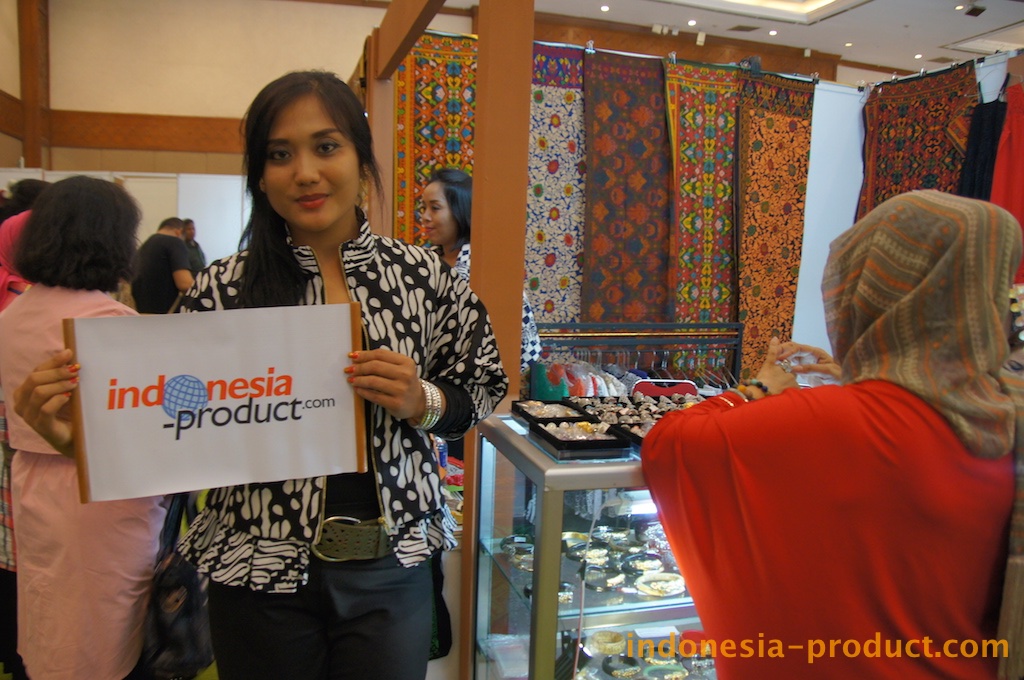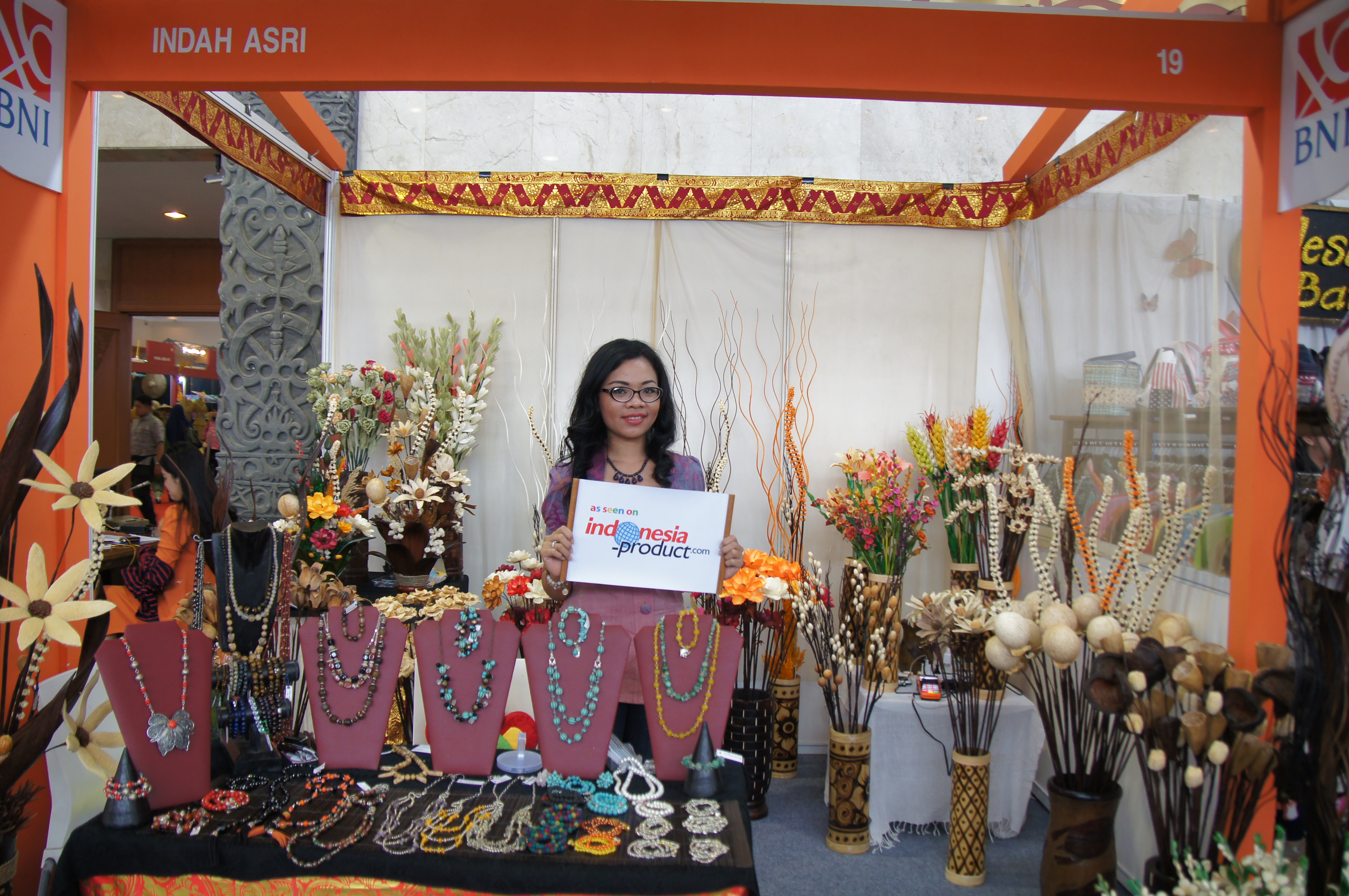Merlene Davis – Herald-Leader columnist
In a recent survey, according to AVERT, an international AIDS charity, South Africans said they spent more time at funerals than getting their hair cut, shopping or attending barbecues.
The survey also reported that the probability of South Africans attending a funeral was two times greater than their going to a wedding.
HIV/AIDS is an epidemic in South Africa, particularly in the Valley of 1,000 Hills near Durban in the province of KwaZulu-Natal, the hardest-hit region of the hardest-hit nation. Nearly one in three adults is HIV positive.
With a problem that huge, we in Lexington might tend to think there is nothing we can do to help. But Liz Frank and Janet Scott want to change our thinking.
Frank and Scott are selling the beadwork of Zulu men and women who live in the Valley of 1,000 Hills and are struggling with rearing the orphans of AIDS victims in the midst of extreme poverty.
“The welfare of women is very dear to my heart,” said Frank, a native of South Africa now living in Lexington. “They have a hard life. It is tough. This is my way of giving back to my country.”
The Zulu artisans, many of whom are grandmothers caring for their orphaned grandchildren, have perfected the art of beadwork passed down from their ancestors, Frank said. The women usually walk long distances to collect the beads then return home to make the jewelry and other items.
When they bring back their crafts, they are paid a living wage, Frank said.
Typically, the women walk unpaved roads for long distances to get to and from the supplier. At their homes, mud huts or basic housing, there is no running water or electricity. “The women carry the water on their heads,” Frank said.
“Traditionally, the men go to work in mines and send the money home,” she said. “But a lot don’t send the money home.”
Frank works with Hlengiwe Dube, a Zulu woman well-known for her expertise in Zulu culture and beadwork. For many years, Dube has been the director of The African Art Centre in Durban, a non-profit organization established to promote artisans and to help individuals become self-sufficient. Many are the sole wage earners of their families and are dependent on the marketing of their goods through AAC.
Dube wrote Zulu Beadwork: Talk with Beads (African Direct, $35) in which she tells the story of traditional KwaZulu-Natal beadwork designs. Each color of bead and combination of colors create a different message, Dube writes. Custom demanded that young Zulu women make an article of beadwork for their loved one to show their affection.
And the beadwork is beautiful.
Frank and her husband, who moved to Lexington for his job in 2001, had been farmers in KwaZulu-Natal. They and other farmers had built schools and day care centers for the families in the area, and Frank, a nurse, had made the welfare of women her primary focus.
“I worked for the independence of women,” she said. “It is not easy. It is a man’s world over there. This is one way they can express themselves and make a little bit of income.”
During one of her trips back to South Africa, Frank said, she spotted a bracelet at the airport in Durban. She bought it, wore it and was soon peppered with questions about its origin.
In 2004, she began selling pieces through word-of-mouth but soon realized she didn’t have the time or the skills to make the endeavor a success.
Meanwhile, Scott had also moved to Lexington, from Manhattan. The day before the 9/11 terrorist attack, Scott flew here to visit her parents, who had retired to Lexington. She decided to stay.
An actress, playwright and theater owner, Scott taught advanced acting classes for Actors Guild and starred recently in The Little Foxes.
But she, too, has a passion for social programs and for working to make the lives of women better.
Wanting to try something different, Scott joined Central Christian Church’s Gardening With God group and there met Frank.
“We met and developed some lovely friendships” with the other members, Scott said.
Frank, Scott and a mutual friend were having Christmas dinner together when they began to talk about Africa, the beadwork and their desire to help.
“By the end of dinner, Liz and I were joined in business,” Scott said. “We didn’t know what would happen from there.”
“Janet has the marketing skills I do not have,” Frank said. “I had been doing it, but on a very limited scale.”
Reflections of Africa was born. The company’s mission is to assist “African families whose lives have been devastated by AIDS and poverty.”
While walking past The Kentucky Theatre on Main Street, Scott stopped and asked manager Fred Mills if she could sell a few items in the lobby.
“Fred Mills is entirely responsible for my work with Reflections of Africa taking off,” Scott said. “We had these beads and Fred was showing Milk and Slumdog Millionaire at Christmas, and it all worked together.”
Slumdog, she said, gives the audience a view of abject poverty in India, similar to the situation in Africa.
Mills allowed her to sell the jewelry during showings of those movies, and she’s been there ever since.
None of the jewelry costs more than $50, and it isn’t available through retailers. The two women are working on that, though. For now, Scott sells the jewelry on Mondays at The Kentucky, before and after tapings of Woodsongs Old-Time Radio Hour. Beginning May 27 they’ll be selling during the theater’s classic film festival on Wednesdays.
“This jewelry is so arresting, they will stop on the way into the theater even when they are running late,” she said.
For more information about the jewelry, contact Scott at (859) 825-8946 or zulubeads@aol.com.
Reach Merlene Davis at (859) 231-3218 or 1-800-950-6397, Ext. 3218, or mdavis1@herald-leader.com.
Source: www.kentucky.com

